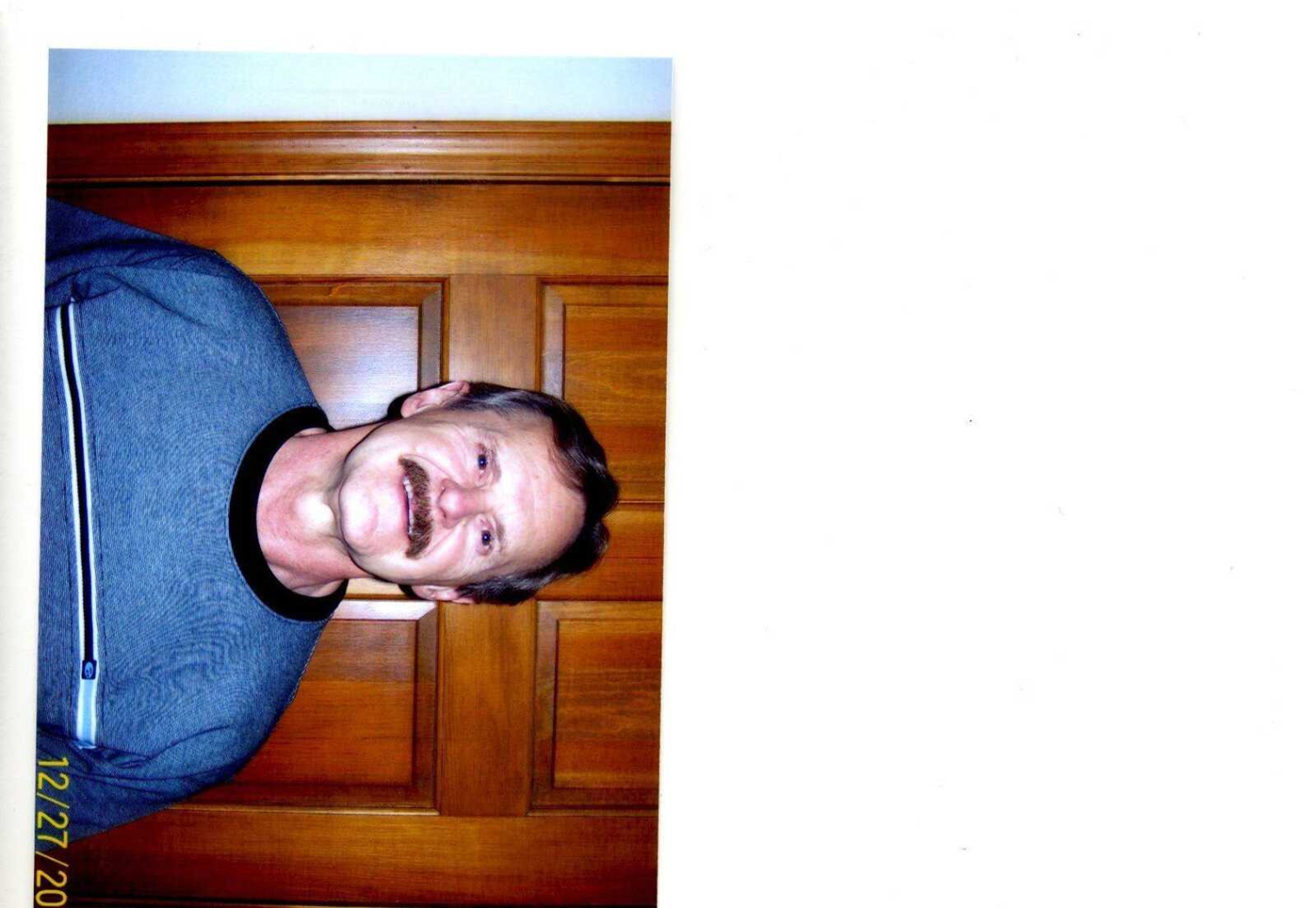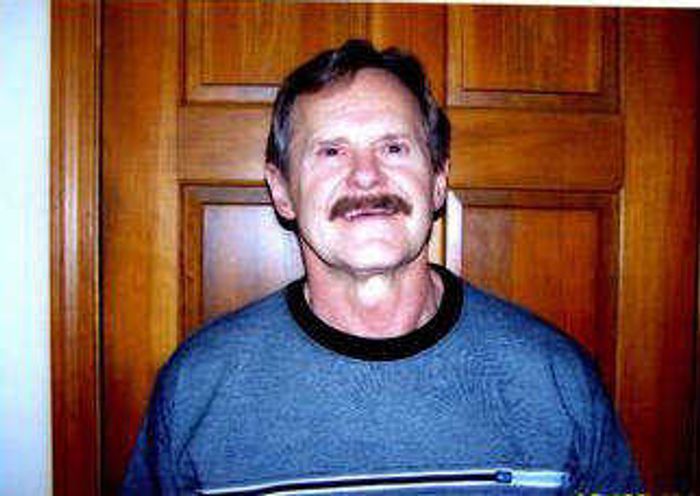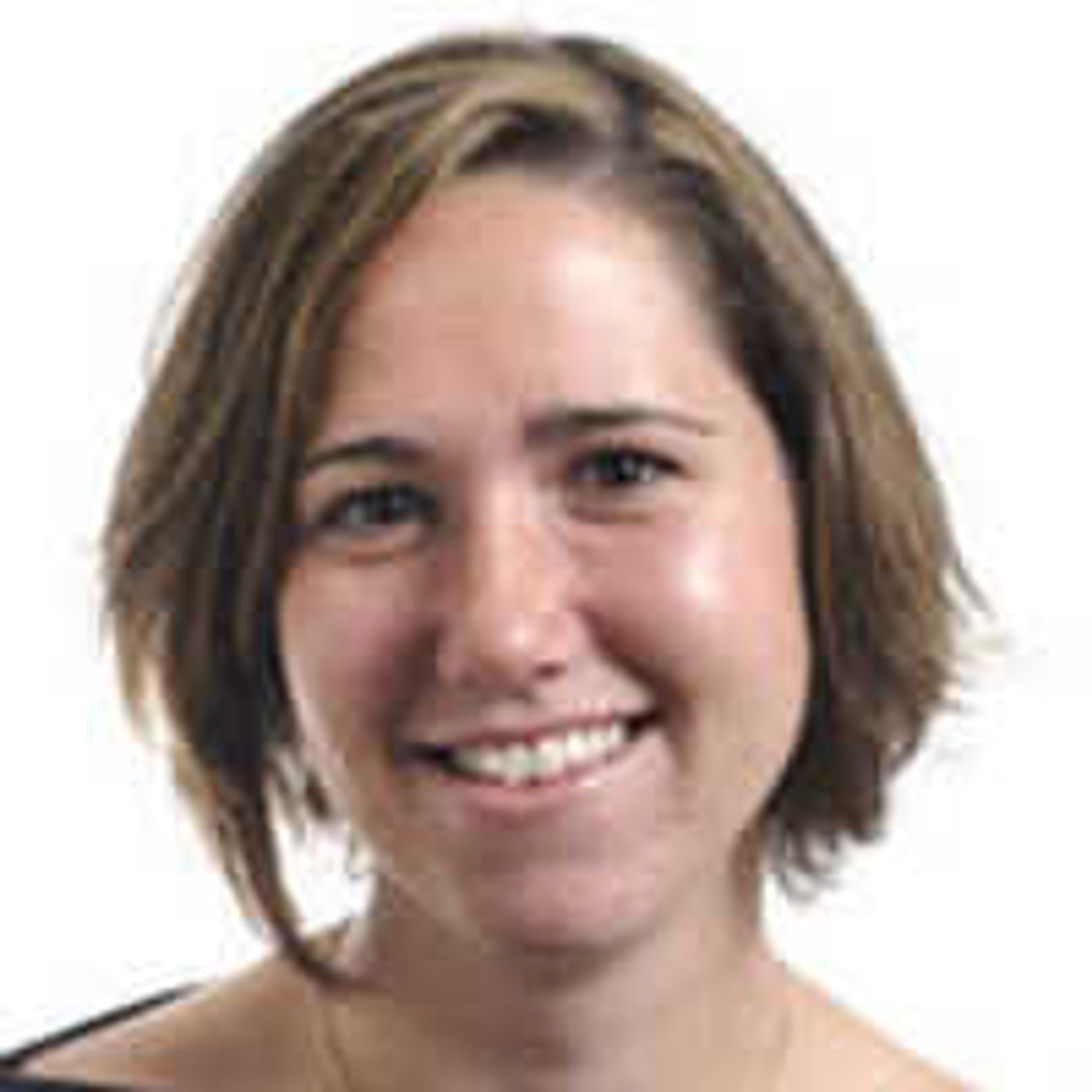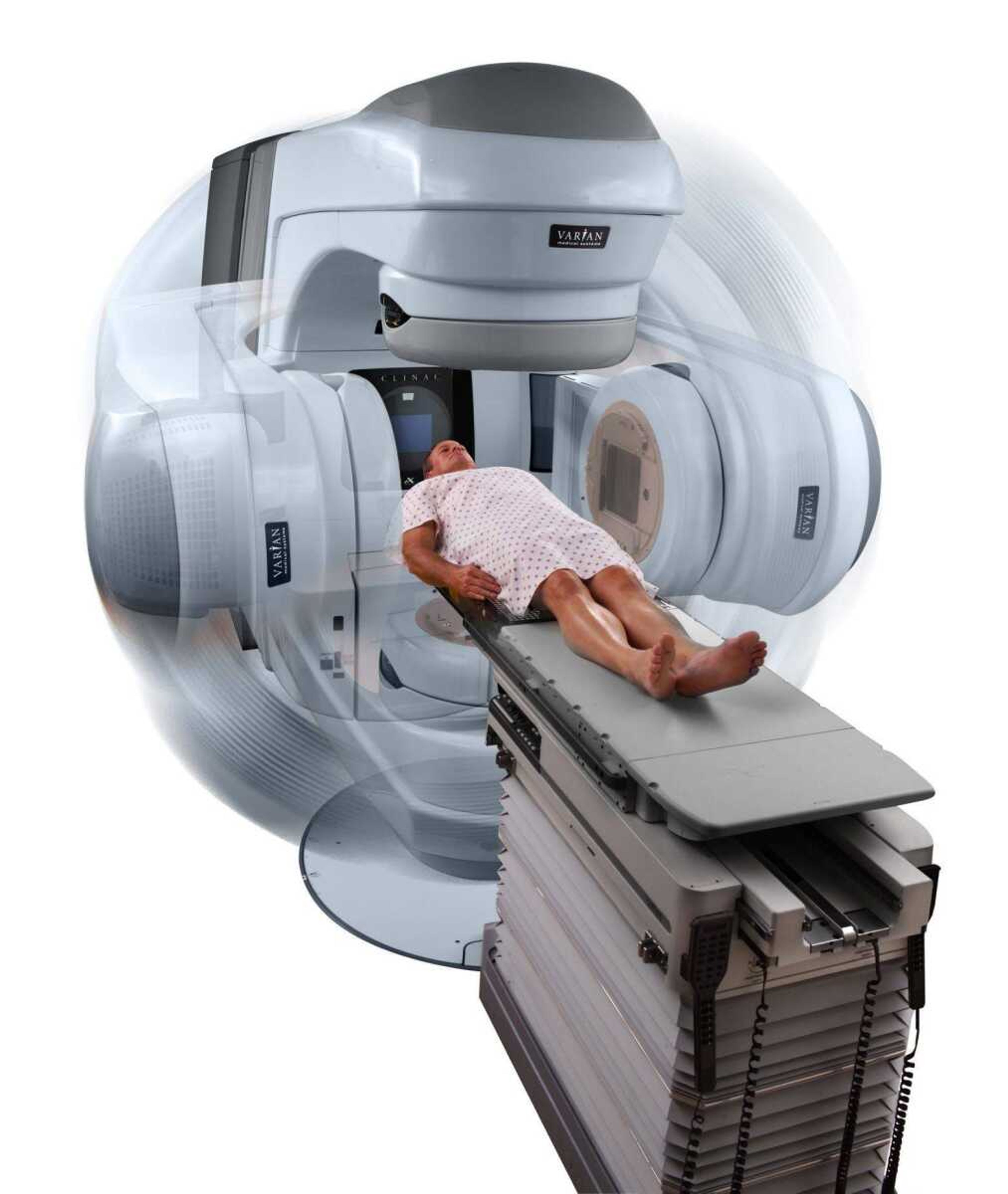There is one word that can unfailingly cause fear and discomfort in the human mind: cancer.
One medical technology company recently debuted a product that aims to minimize the discomfort of patients undergoing radiation therapy by reducing the time they are stuck on the table receiving treatment.
Varian Medical Systems introduced the RapidArc delivery system in the fall of 2007 and just received FDA approval for the technology this month.
The standard radiation treatment session can take anywhere from 10 to 30 minutes, said Trent Mullis, director of radiation/oncology at Southeast Missouri Hospital.
RapidArc claims to deliver the radiation treatment two to eight times faster than current methods. The system can deliver varying doses of radiation to all the sides of a tumor in one rotation of the machine. That way, it hits the tumor with as much radiation as possible in some spots and shuts it off when it would hit sensitive body parts.

Mullis saw RapidArc at ASTRO 2007, the American Society for Therapeutic Radiology and Oncology conference in Los Angeles. He said he was impressed with the equipment.
When planning a radiation treatment, a team of physicians, physicists and nurses tries to calculate how to deliver the highest amount of radiation possible to the tumor and affected areas, while avoiding sensitive areas like the eye lens or the bladder.
"Every organ system has a tolerance dose that you don't want to go above," Mullis said. "Based on what I saw, it does offer better dose distribution, more efficient use of radiation."

RapidArc is not simply new equipment. It's an algorithm that calculates how to vary the speed of the machine, the shape of the radiation beam and the rate of the radiation dosage. The treatment conforms to match the shape of the tumor, hitting it from every possible angle.
"With this alteration the dosage is delivered at a varying rate so they can adjust the dose so that healthy tissue won't be radiated at all," said Ken Grigsby, a senior software engineer with Varian who wrote the software to power the RapidArc system.
Grigsby graduated from Cape Girardeau Central High School in 1966 and went to Southeast Missouri State University for his undergraduate degree. He has worked for different technology companies and went to work for Varian four years ago. He said no specific family cancer case motivated him, just a "general motivation" to help.
"In general, cancer seems to be one of our probably most-feared maladies," he said on a phone interview while he was in Cape Girardeau visiting his parents for Christmas. "So that's a big motivation."
"As soon as the word cancer crops up people just begin to almost prepare for death."
Grigsby said patient fear was one reason he worked so hard at developing the new feature. Patients can get nervous while laying on the table for treatment.
"Any time you're able to minimize patient time on a table, your opportunity for a more successful treatment is better," Mullis said. "People tend to want to move after a certain period of time."
He said Southeast Missouri Hospital uses some Varian equipment, and he was interested to see the improvements to the systems.
RapidArc is software-driven and will work with newer Varian systems, but only Varian systems will be able to use the technology, according to the company.
"There will be an upgrade pass," said Meryl Ginsberg, a spokeswoman with Varian. "It's not like you have to buy a whole new machine."
The upgrade will require the software and a few new parts for the linear accelerator used in radiation therapy. Now that the company has FDA approval for RapidArc, they can begin distributing to customers worldwide.
charris@semissourian.com
335-6611, extension 246
Connect with the Southeast Missourian Newsroom:
For corrections to this story or other insights for the editor, click here. To submit a letter to the editor, click here. To learn about the Southeast Missourian’s AI Policy, click here.









